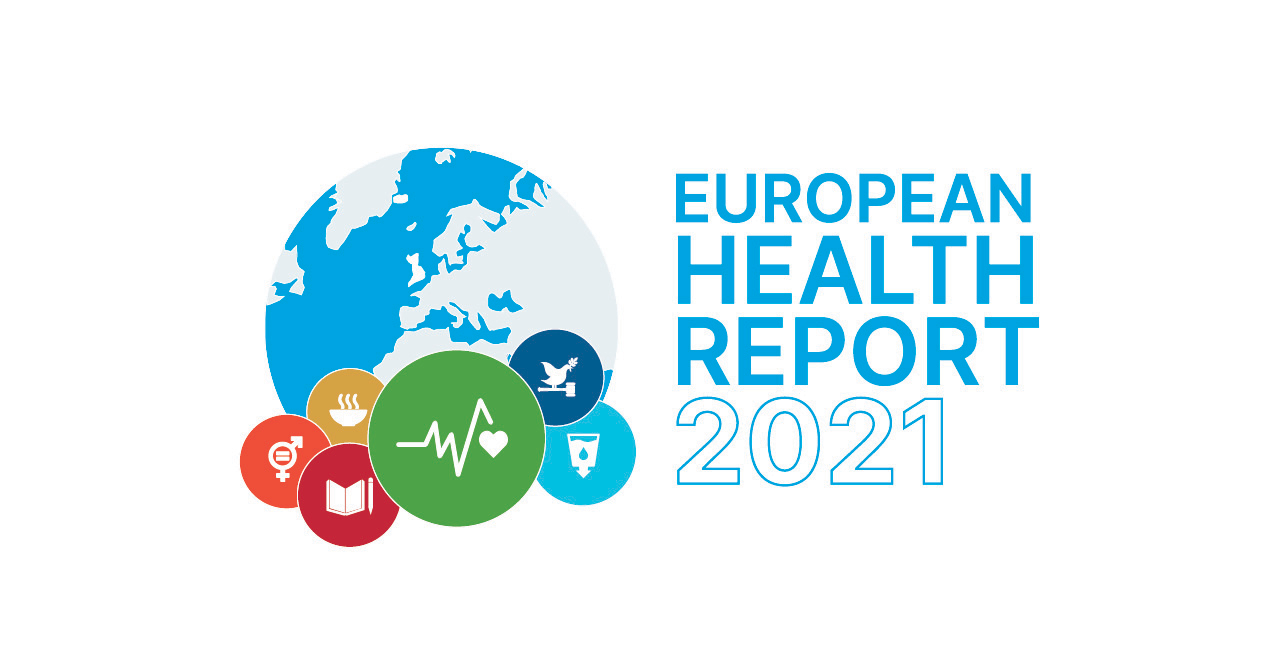Incorrect interpretations of health information, which increase during outbreaks and disasters, often negatively impact people’s mental health and increase vaccine hesitancy, and can delay the provision of health care, a new WHO review shows.
The authors conclude that the effects of infodemics and health misinformation online can be countered by “developing legal policies, creating and promoting awareness campaigns, improving health-related content in mass media and increasing people’s digital and health literacy”.
The systematic review of published studies found 31 reviews that analysed fake news, misinformation, disinformation and infodemics related to health. Misinformation was defined as false or inaccurate information deliberately intended to deceive, while disinformation also included misleading or biased information, manipulated narratives or facts, and propaganda.
The authors gathered, compared and summarized this evidence in order to identify ways to address the negative effects of false health information on public health.
Understanding the role of social media in spreading misinformation
“Twitter, Facebook, YouTube, and Instagram are critical in disseminating the rapid and far-reaching spread of information,” the systematic review explains. The repercussions of misinformation on social media include such negative effects as “an increase in erroneous interpretation of scientific knowledge, opinion polarization, escalating fear and panic or decreased access to health care”.
The increased spread of health-related misinformation in a health emergency is accelerated by easy access to online content, especially on smartphones. “During crises such as infectious disease outbreaks and disasters, the overproduction of data from multiple sources, the quality of the information and the speed at which new information is disseminated create social and health-related impacts.”
The authors found that social media have been propagating poor-quality health-related information during pandemics, humanitarian crises and health emergencies at an increasing rate. They note, “Such spreading of unreliable evidence on health topics amplifies vaccine hesitancy and promotes unproven treatments.”
Countering online misinformation
Four studies reviewed in the paper looked at the proportion of health misinformation on social media, and found that it reached up to 51% in posts associated with vaccines, up to 28.8% in posts associated with COVID-19, and up to 60% in posts related to pandemics. Among YouTube videos about emerging infectious diseases, 20–30% were found to contain inaccurate or misleading information.
Experts and health professionals are among those best placed to refute misinformation and direct users to information sources that are evidence-based. Countermeasures include awareness campaigns for patients and health-care professionals, platforms with evidence-based data, the inclusion of scientific evidence in health-related content in mass media, and efforts to improve media and health literacy.
“Promoting and disseminating trustworthy health information is crucial for governments, health authorities, researchers, and clinicians to outweigh false or misleading health information disseminated in social media,” the paper states. It highlights that social media channels can also be used to counter false or misleading information, but that further studies may be required to evaluate the best format for such outreach and to determine which channels work best for different populations, geographical settings and cultural contexts.
Effects of online misinformation on people’s health behaviours
The systematic review found that people feel mental, social, political and/or economic distress due to misleading and false health-related content on social media during pandemics, health emergencies and humanitarian crises.
However, not all effects of social media have been negative during the COVID-19 pandemic. Eight reviews reported positive outcomes, and some found that several social media platforms generated significantly improved knowledge and awareness, higher compliance with health recommendations, and more positive health-related behaviours among users compared to classic information dissemination models.
The paper acknowledges the role of social media in crisis communication and management during health emergencies, but points to the need to counter the production of misinformation on these platforms. Local, national and international efforts are required, as well as additional research.
“Future research should investigate the effectiveness and safety of computer-driven corrective and interventional measures against health misinformation, disinformation and fake news and tailor ways to share health-related content on social media platforms without distorted messaging.”
The new paper, entitled “Infodemics and health misinformation: a systematic review of reviews”, is published in the Bulletin of the World Health Organization.




